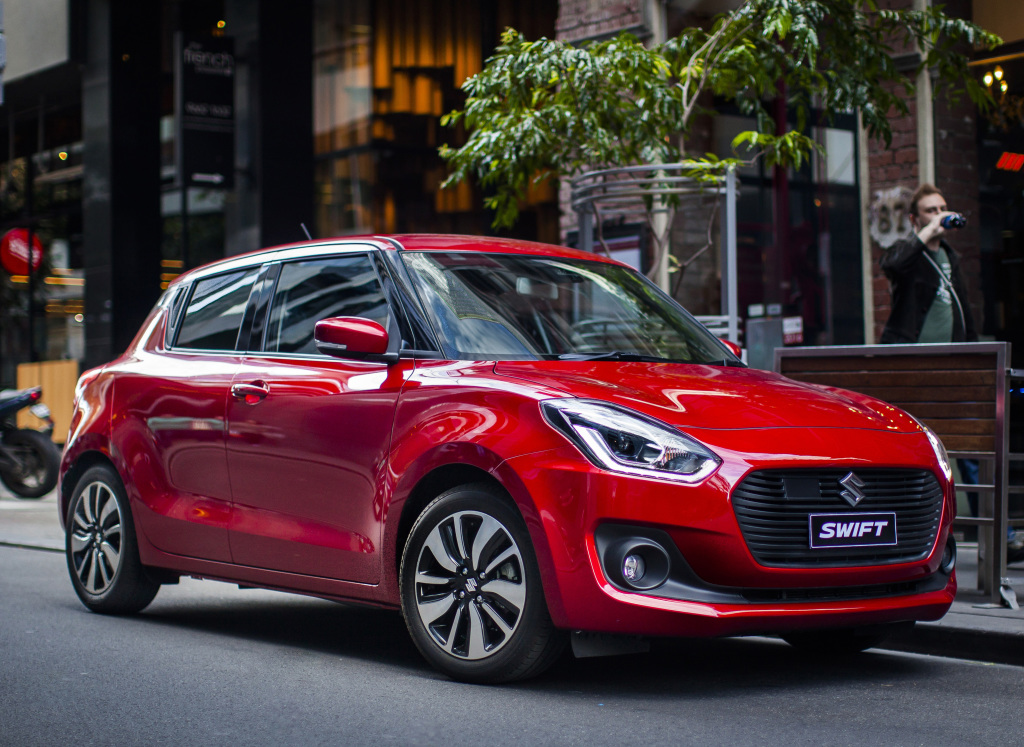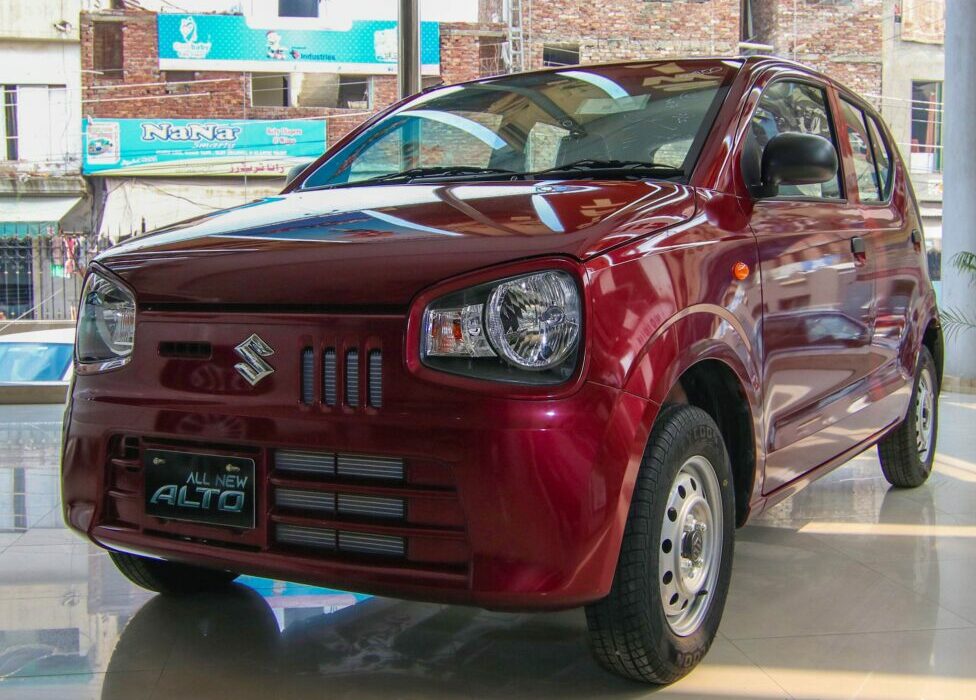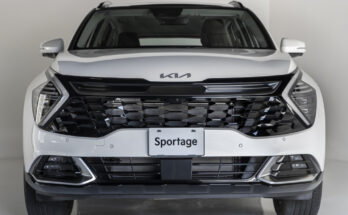The Auto Policy 2016-21 which is nearing its expiry in June 2021 attracted various automakers to explore Pakistani market. Some newcomers established their plants to begin producing vehicles in the country, though whether the policy was successful in achieving its goals is a different debate altogether.
The primary objective of this policy was to break the monopoly of 3 Japanese companies in the market, generate healthy competition between players, shorten the delivery period, eliminate own money/ premium, increase localization, bring down car prices and improve the quality of products offered to the customers.
Related: 4 Years of Auto Policy 2016-21
However if we observe majority of what that has been offered to us, or is in process of being introduced are cars that are already done with their lives in the rest of the world. In some cases even more than 10 years old models are being introduced as ‘new’, whereas in most of the cases the previous generation models that are already replaced by the newer generation elsewhere, or those in their pre-facelift guise that were introduced in international markets years ago & are being replaced or already replaced with their facelift versions elsewhere are now being introduced here.
Like they say “why waste bullet when you can hit the bird with stone” represents the sorry state of Pakistan’s auto sector. Even the old & obsolete cars that got retired from the rest of the world are good enough to compete against the kind of outdated, under-spec, feature-ripped products that are currently being sold here at exorbitant prices.
Related: Globally Retired Cars in Pakistan
It is primarily due to the lack of concrete polices that has caused us to be left far behind the world in the automobile sector. The responsibility of government departments & decisions makers is to formulate regulations in favor of betterment of the country, environment as well as the wellbeing of consumers. They never have to bend down on their knees to favor automakers who will otherwise sell whatever earns them profit and at whatever cost. It is the job of regulatory bodies to keep thorough check & balance. The example of the discontinuation of hot selling Suzuki Jimny in UK is a perfect example in this regard.
Since all these years we are yet unable to define proper criteria which automakers should be needed to abide to. There are no required fuel consumption standards here, no minimum safety or crash-testing standards, while only thing that needs to be met is the Euro-2 norms. Plus there is no check & balance on the level of localization achieved as even after all these years we only assemble cars, not manufacture them here.
Related: Pakistan Auto Policy: What Needs to be Done?
It’s no doubt good if things are being produced here, but assembling in the name of manufacturing needs to be checked. Plus what’s being produced here matters a lot. If after so many years we are still proud of putting together something that was developed some 30+ years ago, doesn’t define the true progress & achievement of our industry since the world has already moved way ahead.
Many of us get a chance to visit other countries and it’s never difficult to experience & tell the difference in quality, safety, equipment and fit & finish of cars sold in other countries as well as regional markets, compared to the ones assembled locally. Though the Auto Policy 2016-21 might have attracted businesses & investments, it is yet to create an improvement in consumer welfare or uplifting the auto sector.
Related: Auto Parts Vendors Criticize Assemblers for Low Localization & Higher Prices
The core advantage of producing something within the country is that it should cost less for both automakers & the consumers. There is absolutely no point in restricting imports of used cars in the name of saving foreign reserves when all the required stuff for assembling automobiles is being imported as CKD just to put them together here.
For this, PAAPAM (Pakistan Association of Automotive Parts & Accessories Manufacturers) has recently suggested implementing 10-year ‘Auto parts localization policy’ (APLP) to ensure the localization of all value-added parts. However even this demand sounds hilarious since global lifespan of a vehicle model is generally 6 years, after which it is replaced by a newer generation model. Asking 10 years for localization of parts only give justification to keep assembling the same stuff for decades without any innovation whatsoever.
Related: PAAPAM Wants 10-year ‘Auto Parts Localization Policy’ to Reduce Car Prices
The government is in process of negotiating the new Auto Policy 2021-2026 with local auto representatives, only time will tell whether it will be of any significant benefit for the masses. Or perhaps there will be another wave of old & obsolete in the name of new.

A computer animation professional with over 23 years of industry experience having served in leading organizations, TV channels & production facilities in Pakistan. An avid car enthusiast and petrolhead with an affection to deliver quality content to help shape opinions. Formerly written for PakWheels as well as major publications including Dawn. Founder of CarSpiritPK.com








